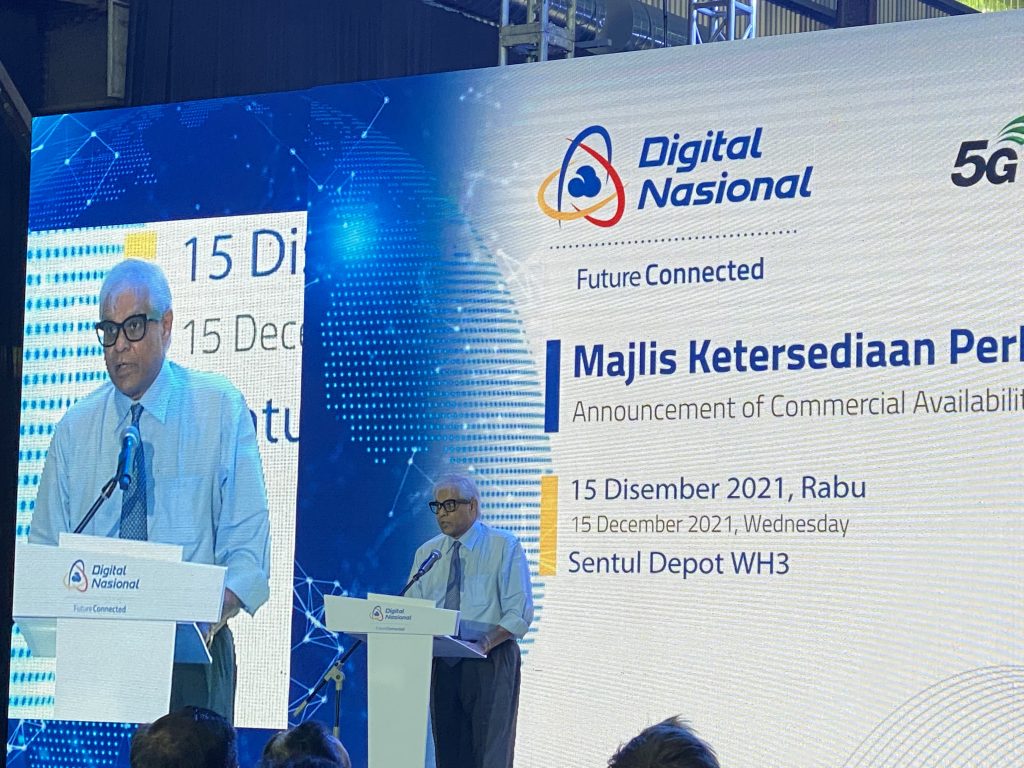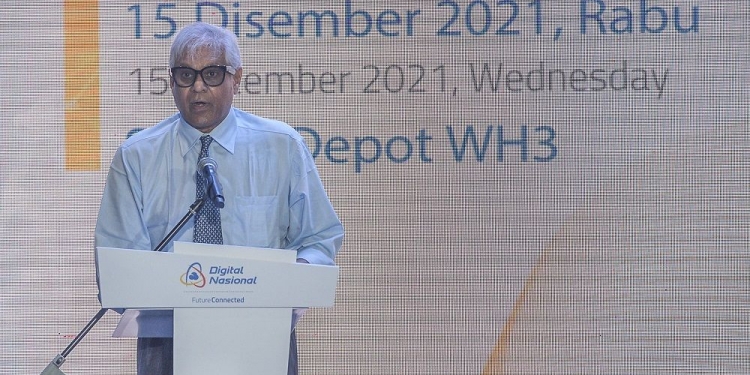Digital Nasional Berhad’s (DNB) Chief Executive Officer Ralph Marshall has stepped down after serving the role for two years. As reported by New Straits Times and The Vibes, his contract with the state-owned 5G single wholesale network ended on 11th March and there was no further extension.
DNB has yet to make an announcement of his replacement and it is believed that his role is currently divided between two personnel.
Ralph Marshall was appointed as CEO on 1st March 2021 when the Ministry of Finance officially announced DNB as the government’s special purpose vehicle (SPV) to build a national 5G network via a Single Wholesale Network model. Ralph is an industry veteran and was the former top executive from Astro and Maxis.

During his tenure, DNB launched the national 5G network in December 2021 with a total of 500 sites covering Kuala Lumpur, Putrajaya and Cyberjaya. Under an aggressive rollout timeline, DNB aims to achieve 80% 5G population coverage by 2024. As of the end of 2022, DNB claims to have achieved close to 50% 5G population coverage with 3,900 sites nationwide. However, it later admitted that its consumer-accessible sites only cover 38% of populated areas as the remaining sites are waiting to be onboarded by telcos.
Under the current Unity Government, Malaysia now aims to expedite the 5G rollout to achieve 80% 5G population coverage by the end of this year, which is a year ahead of DNB’s schedule. Prime Minister Anwar Ibrahim said during the tabling of the Budget 2023 that the government will ensure that DNB is managed more transparently and achieve full participation by the telcos.
Communications and Digital Minister Fahmi Fadzil has said that the government aims to complete its review of Malaysia’s 5G deployment by the end of this month. The government is said to be considering several options which may include adopting a Dual Wholesale Network model by having a second 5G network or privatise DNB to be a private-led consortium.
DNB has warned that having a second 5G network in Malaysia would increase the cost of 5G deployment and the sharing of spectrum may affect the quality of service. However, GSMA has recently reiterated that infrastructure competition is key to driving innovation for Malaysia as the propensity to innovate is reduced in an SWN environment. GSMA added that Malaysia does have enough spectrum to support more than one 5G provider. They highlighted that neighbouring countries have competing 5G networks and yet have enough spectrum to support them.
[ SOURCE, IMAGE SOURCE ]







